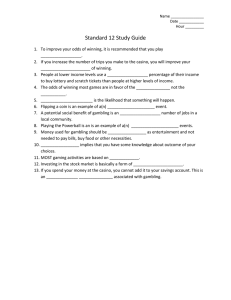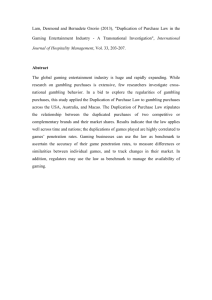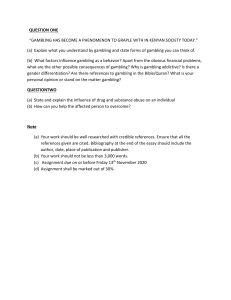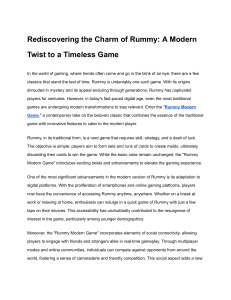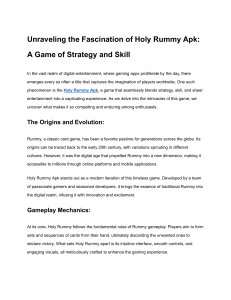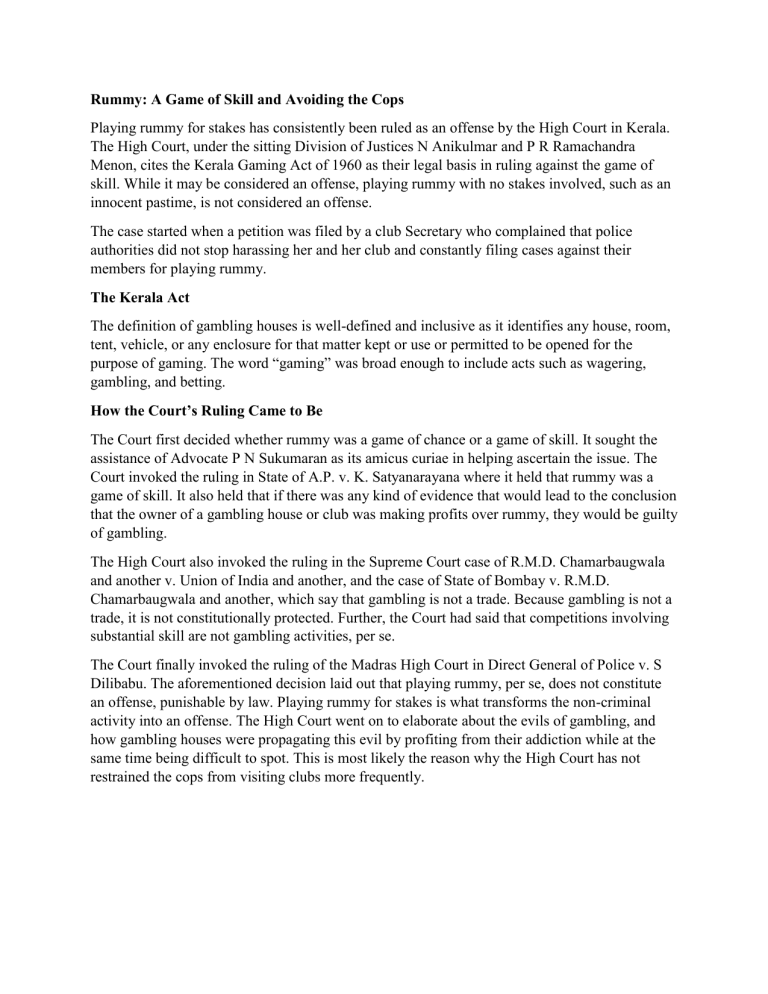
Rummy: A Game of Skill and Avoiding the Cops Playing rummy for stakes has consistently been ruled as an offense by the High Court in Kerala. The High Court, under the sitting Division of Justices N Anikulmar and P R Ramachandra Menon, cites the Kerala Gaming Act of 1960 as their legal basis in ruling against the game of skill. While it may be considered an offense, playing rummy with no stakes involved, such as an innocent pastime, is not considered an offense. The case started when a petition was filed by a club Secretary who complained that police authorities did not stop harassing her and her club and constantly filing cases against their members for playing rummy. The Kerala Act The definition of gambling houses is well-defined and inclusive as it identifies any house, room, tent, vehicle, or any enclosure for that matter kept or use or permitted to be opened for the purpose of gaming. The word “gaming” was broad enough to include acts such as wagering, gambling, and betting. How the Court’s Ruling Came to Be The Court first decided whether rummy was a game of chance or a game of skill. It sought the assistance of Advocate P N Sukumaran as its amicus curiae in helping ascertain the issue. The Court invoked the ruling in State of A.P. v. K. Satyanarayana where it held that rummy was a game of skill. It also held that if there was any kind of evidence that would lead to the conclusion that the owner of a gambling house or club was making profits over rummy, they would be guilty of gambling. The High Court also invoked the ruling in the Supreme Court case of R.M.D. Chamarbaugwala and another v. Union of India and another, and the case of State of Bombay v. R.M.D. Chamarbaugwala and another, which say that gambling is not a trade. Because gambling is not a trade, it is not constitutionally protected. Further, the Court had said that competitions involving substantial skill are not gambling activities, per se. The Court finally invoked the ruling of the Madras High Court in Direct General of Police v. S Dilibabu. The aforementioned decision laid out that playing rummy, per se, does not constitute an offense, punishable by law. Playing rummy for stakes is what transforms the non-criminal activity into an offense. The High Court went on to elaborate about the evils of gambling, and how gambling houses were propagating this evil by profiting from their addiction while at the same time being difficult to spot. This is most likely the reason why the High Court has not restrained the cops from visiting clubs more frequently.


